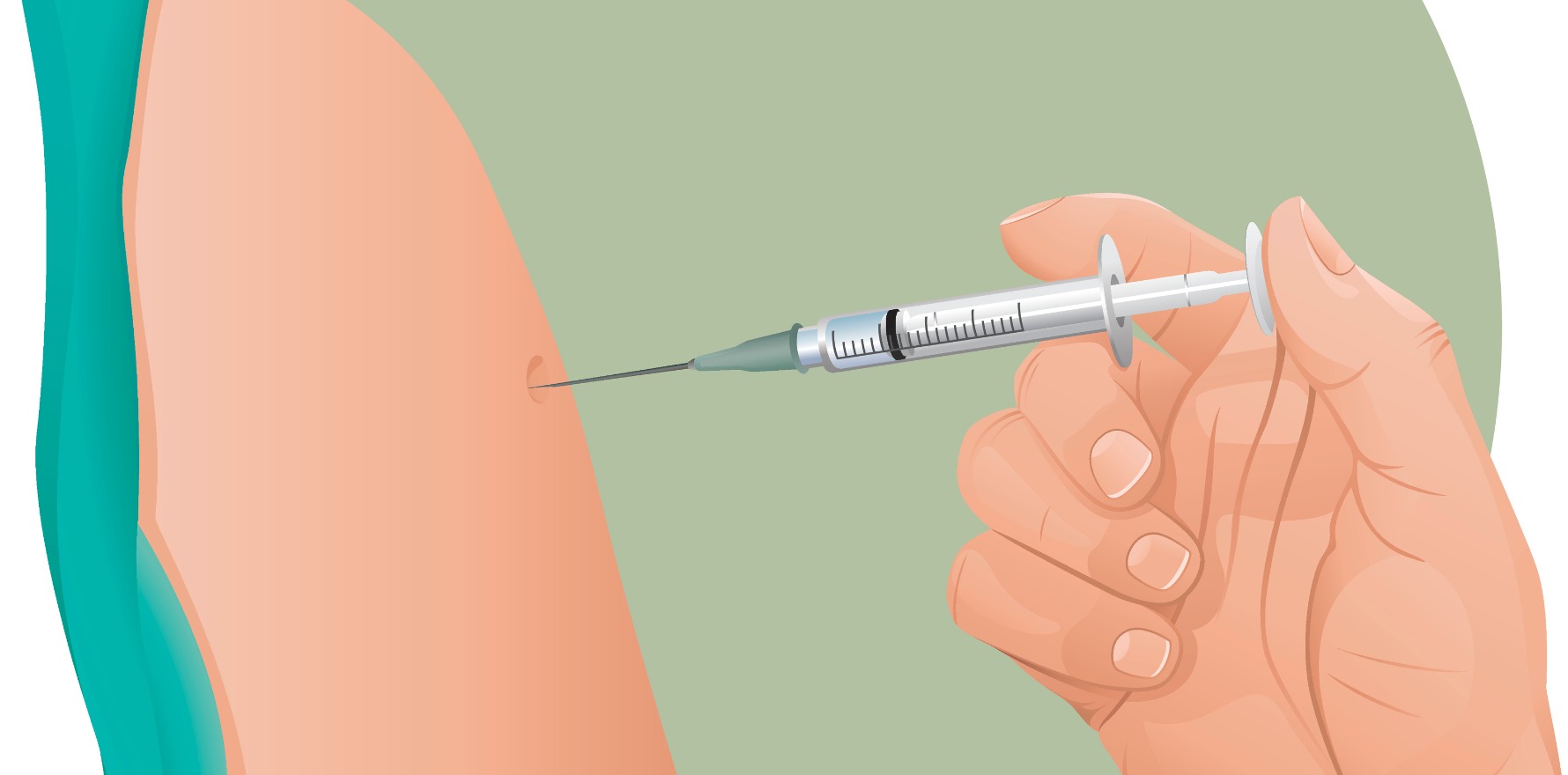The lower incidence and severity among those vaccinated for flu isn’t explained by the ‘healthy vaccinee’ effect.
The influenza vaccine may offer some protection against COVID-19, prompting researchers to suggest the vaccine could be used as a “bridge” to COVID-19 vaccination.
In June 2020, at the end of the first wave of the pandemic in the Netherlands, Professor Mihai Netea and colleagues at the Radboud University Medical Center in Nijmegen were analysing data from more than 10,600 employees of the centre – 184 of whom had tested positive for SARS-CoV-2 during the first wave.
When they looked at the influenza vaccination status of the participants, they found that those who had been vaccinated during the 2019-20 season had a 39% lower incidence of COVID-19.
It’s not the first data suggesting a lower incidence or severity of COVID-19 among influenza-vaccinated individuals. A Brazilian study of more than 53,000 confirmed COVID-19 cases found those who had recently been vaccinated against influenza had 7% lower odds of needing intensive care, 17% lower odds of needing mechanical ventilation, and 16% lower odds of death. Another study in Italy found that areas with higher influenza vaccine coverage had lower rates of COVID-19 deaths in the elderly.
There is also at least one study which found the opposite: that higher rates of influenza vaccine coverage in OECD nations correlated with higher rates of COVID-19 infections.
If there is a genuine association between influenza vaccine and lower infection rates, one possible explanation is the so-called healthy vaccinee effect: individuals who get vaccinated against influenza are also more likely to engage in other healthy behaviours, such as complying with public health measures, which reduce their risk of COVID-19 infection.
However, Professor Netea says healthy vaccinee bias doesn’t explain the reduction in COVID-19 severity seen among individuals vaccinated against influenza. He argues there is biological support for the theory that the influenza vaccine itself is altering COVID-19 risk through viral or vaccine interference.
“If we get a certain virus infection, it is very difficult – if not impossible – to get infected with a second virus during the viral infection, because the entire body produces interference and all other host defence mechanisms,” he says.
“In vitro, it has been shown that cells infected with a rhinovirus cannot be infected again with the SARS-CoV-2 virus.”
The prospect that the influenza vaccine might offer some degree of protection is an appealing one, particularly when there is an absence or shortage of targeted vaccines.
“If you have such effect, you can vaccinate immediately as much as possible with something that is already available,” Professor Netea says. “It will not give protection of 90%, like the Moderna or Pfizer vaccine are doing, but it will be giving a partial protection.”
Another advantage of the influenza vaccine against COVID-19 is that it’s less likely to be compromised by variants in SARS-CoV-2.
“If there is an effect, there will be a huge advantage because it will be completely independent of the antigenic structure of the of the virus, and then the variants don’t matter anymore,” Professor Netea says.
Netea is currently involved in a prospective study of influenza vaccination against COVID-19 in Brazil, which is experiencing high rates of COVID-19 infections but shortage of access to COVID-19 vaccines.


